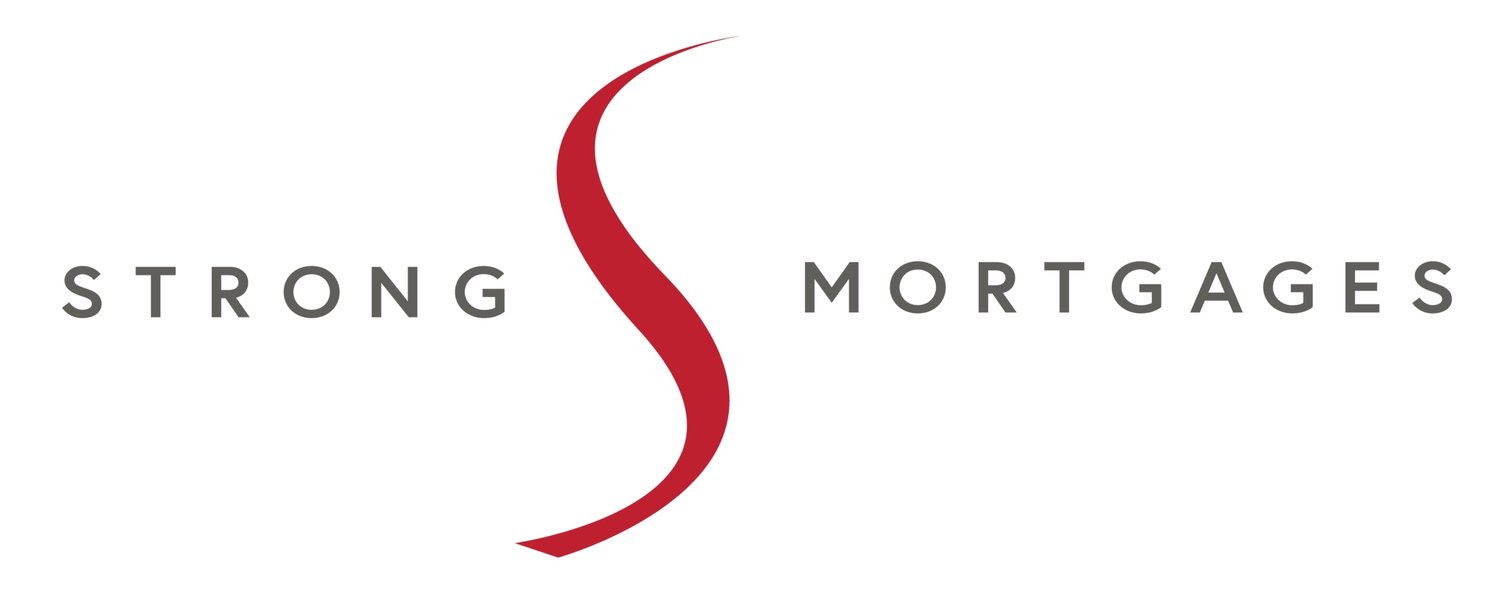
Regulation Implications
Pressure was on the mortgage industry yet again this past month. There was great concern about OSFI’s (Office of the Superintendent of Financial Institutions Canada) proposal requiring owners to reapply at renewal. Immediate concern by banks, brokers and industry associations flooded the headlines describing the devastation that this regulation could do to the entire economy.
It made me wonder why such a change would be suggested. I have come to three conclusions:
1. Regulators are not familiar with the every day process that is involved with completing mortgage underwriting.
2. They wanted to show their authority and prove to lenders that they have the power to take major lending controls into their own hands.
3. They put it on the table, never thinking of implementing it, but to use as a tool to get the other changes accepted more easily.
If the reasoning were for anything other than point 3, I have my concerns for the decision makers at OSFI.
Did they truly think this through before announcing it? By requiring reapplication at renewal, the economic standards we have today would completely change. Homeownership would become even more of a lifestyle commitment, changing the way people live their life and the decisions they make for their careers.
If your mortgage was coming up for renewal and your income is no longer what it once was, for whatever reason, new job, starting a new business, staying at home to raise a family, there’s a chance that your renewal application would not support your current mortgage. Solutions may require special financing at a higher interest rates or placing people in position forced to sell. If your property value has dropped below the value of your mortgage, this also could put some borrowers in default or foreclosure risk. Would lenders be willing to lend on your mortgage value rather than the new lower property value?
Of course, this is a worse case scenario, but the point made by the professionals in the industry was, if the client has consistently made payments and the lender has no reason to believe that the client would default, why would the reapplication be necessary? It would be adding unnecessary paperwork and stress.
Leading me to the question, why put out such a threat, a seemingly ridiculous regulation that would transform our entire economy, especially at a time when Canada is one of the strongest economies around?
My hope is that they were just trying to get some other regulations passed more easily, if not, we may be dealing with a regulator body that doesn’t understand the daily operations of Canadian Mortgages…then, we might just have a bigger problem than Canadian debt levels.
As of June 6th, OSFI confirmed that they will not implement the re-application proposal, but did finalize some restrictions to HELOC (Home Equity Line of Credit) borrowing. Currently, borrowers are able to refinance up to 80% of their property value, the new maximum will be 65%. I’m not a fan of this new rule, but I understand the reasoning. I just hope, when the government doesn’t believe personal debt concerns aren’t so high, that Canadians will be granted access to the equity in their homes that is rightfully theirs… In the mean time, borrowers can consider mortgaging through a credit union, which are not regulated under OSFI.
When it comes to mortgages and the constant industry changes, the past two years being no exception, having a mortgage specialist on your team can help to sift through all the clutter. They can help to advise on the different types of lenders and guidelines to see what products are truly the best for your financing needs. It’s a big purchase; it’s worth getting some free advice from a pro!

Can we “afford” to live in Vancouver?
Toronto’s heated and Vancouver’s cooling markets have been big topics in the news with the affordability factor as an underlining theme.
Vancouver is well known for it’s high cost of living. RBC Economist reported that Vancouver’s combined costs of mortgage payments, utilities and property taxes requires 89.9% of pre-tax income to pay for a standard bungalow. A monster of a number, comparatively speaking, to Toronto’s 53.4% and Calgary’s 36.7%.
Prices are still trending up, but they’re not projected to last. Having experienced four consecutives months of slowing sales, many are questioning if Vancouver will experience the “pop” of the bubble…if there is even a bubble to speak of. “The bubble” is one of the great debates between economists now. For most, they believe that their will be a slow correction, for others, they believe we will experience upwards of a 25% drop in housing prices over the next 3 years.
So much speculation and so many unknowns; I believe it is good weight the pros and cons, but also believe it’s important to understand that you can’t control economical factors. You can, however, control how you manage your financial position within the economy.
I wouldn’t really say there is a wrong time to buy, but rather a wrong property to buy. The best real estate investment one can make is in a good Realtor. A Realtor that knows the market inside and out and is well aware of the “good” buildings and homes available on the market, should have an opinion on where “next hot spot” is and what plans the city has for growth projections. Don’t be sold on a property just because the Realtor is a good sales person or you feel pressured to buy. You should be buying because you found something that has value to you and that value can be passed onto future purchasers if and when you plan to sell.
Vancouverites have to focus on whether they want to buy with long-term intentions (not having to sell in a down market) and what kind of life style they want to enjoy (willing to sacrifice space for accessibility). The Metro Vancouver area is beautiful. We are very fortunate for where we live and as such, have to pay a premium. If you want to own, be sure you are excited and would love to call that place home or would be willing to keep it as an investment property.
Vancouver will always be a national leader in the “unaffordable” bracket, and there are a number of reasons why. If you chose to buy it’s usually due, at least partially, to your belief that it’s one of the best cities in the world…and it’s worth the investment.
 I am always amazed when I read these types of articles. More often than not, the couples they interview are in very good financial positions and have a number of options when considering to purchasing real estate. Yet, every time advisors advise them to wait and buy later. Save more money for 4-5 years and then consider buying once you have a LARGE savings built up, around 25%.
I am always amazed when I read these types of articles. More often than not, the couples they interview are in very good financial positions and have a number of options when considering to purchasing real estate. Yet, every time advisors advise them to wait and buy later. Save more money for 4-5 years and then consider buying once you have a LARGE savings built up, around 25%.




 Diane Nice from the Globe and Mail summarizes a 4-part series on Buyers Diaries.
Diane Nice from the Globe and Mail summarizes a 4-part series on Buyers Diaries. We won’t be going too much below 2.99%, but BMO has put the heat on again to get the consumers thinking and the competitors talking.
We won’t be going too much below 2.99%, but BMO has put the heat on again to get the consumers thinking and the competitors talking.